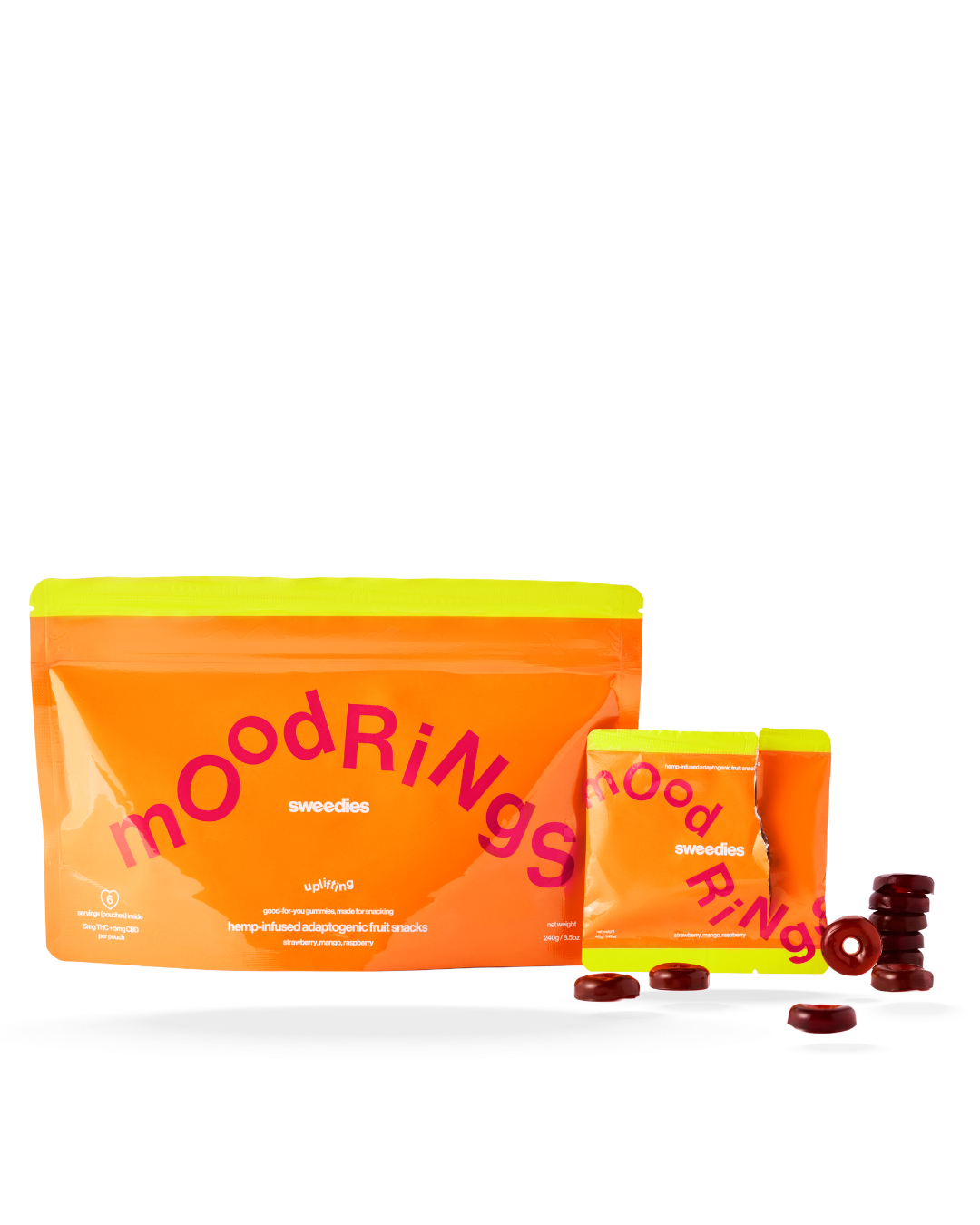It seems like everyone we know is struggling with a dysregulated nervous system. We have heard this over and over, from family and friends, and we want to help! A quick explainer, and our top tips for managing, below:
a quick breakdown
Your nervous system has two main modes:
- Sympathetic (aka fight or flight)
- Parasympathetic (aka rest and digest)
We’re meant to shift between the two depending on what’s going on. But with constant stimulation (emails, blue light, caffeine, stress, traffic, you name it), a lot of us get stuck in go-mode. Our bodies stay on high alert, even when there’s no real threat.
what that feels like:
- Feeling wired but tired
- Trouble falling or staying asleep
- Mood swings or irritability
- Feeling “on edge” all the time
- Needing a glass of wine (or something stronger) just to wind down
why it’s hard to “just relax”...
When your nervous system is dysregulated, deep breathing and meditation might not feel accessible. That’s because your brain and body don’t feel safe enough to downshift. The parasympathetic system can’t activate unless you first create the conditions that tell your body it’s okay to relax.
so how do we cope?
Getting out of fight-or-flight isn’t about “just relaxing.” It’s about helping your body feel safe enough to downshift.
That often requires a mix of things, and sometimes, a little help:
- Routine: Going to bed and waking up at roughly the same time
- Movement: Gentle walks, stretching, or dancing it out
- Nervous system tools: Cold water, long exhales, humming or vagus nerve stimulation
- Food and supplementation: Balanced blood sugar, adaptogens, hydration, alcohol reduction
Supplements like L-theanine, magnesium, vitamin B6 (and even low doses of THC) have been studied for their ability to support that calming response and enable you to coax your body into a true state of relaxation.
The more consistently you build in signals of safety—through habits, rituals, breath, movement, nourishment—the more your system can trust that it’s okay to rest.
And when your body feels safe, your mind can finally follow.
Personally?
My biggest tip in building in rituals of levity into your life. Moments that can function as checkpoints to aid in calming your nervous system. A few of my favorites: ending a stressful day with a hot shower, a couple moodrings or dreamrings before a long Friday evening walk, and phone-free movie nights with my partner.




